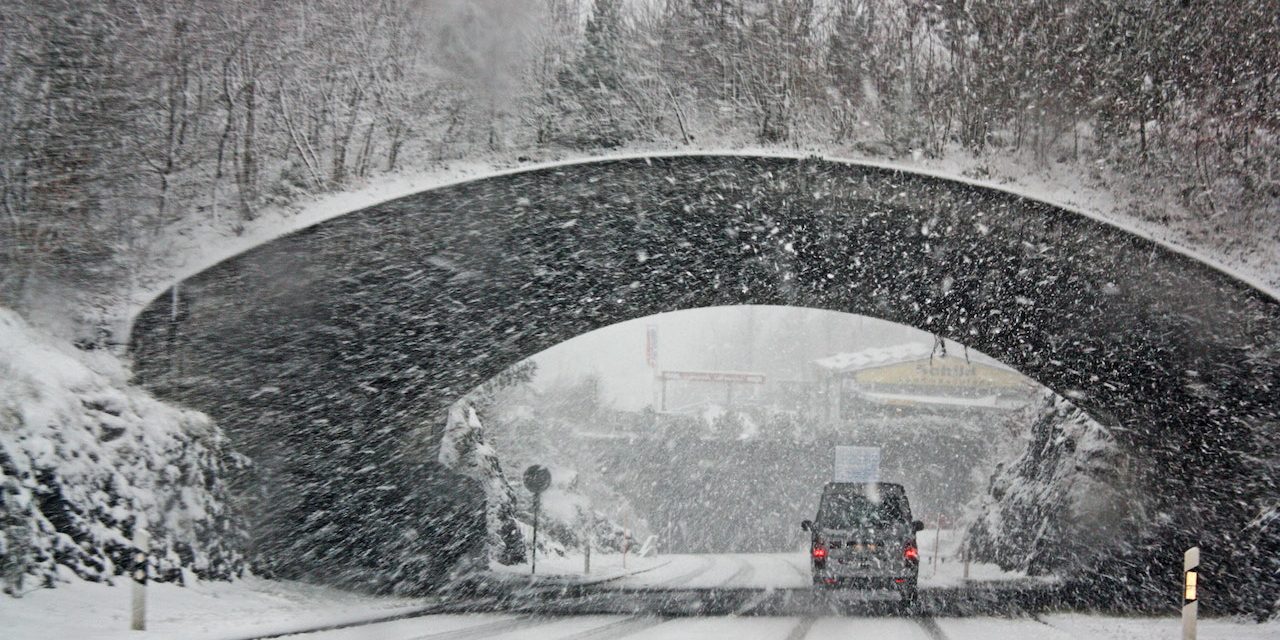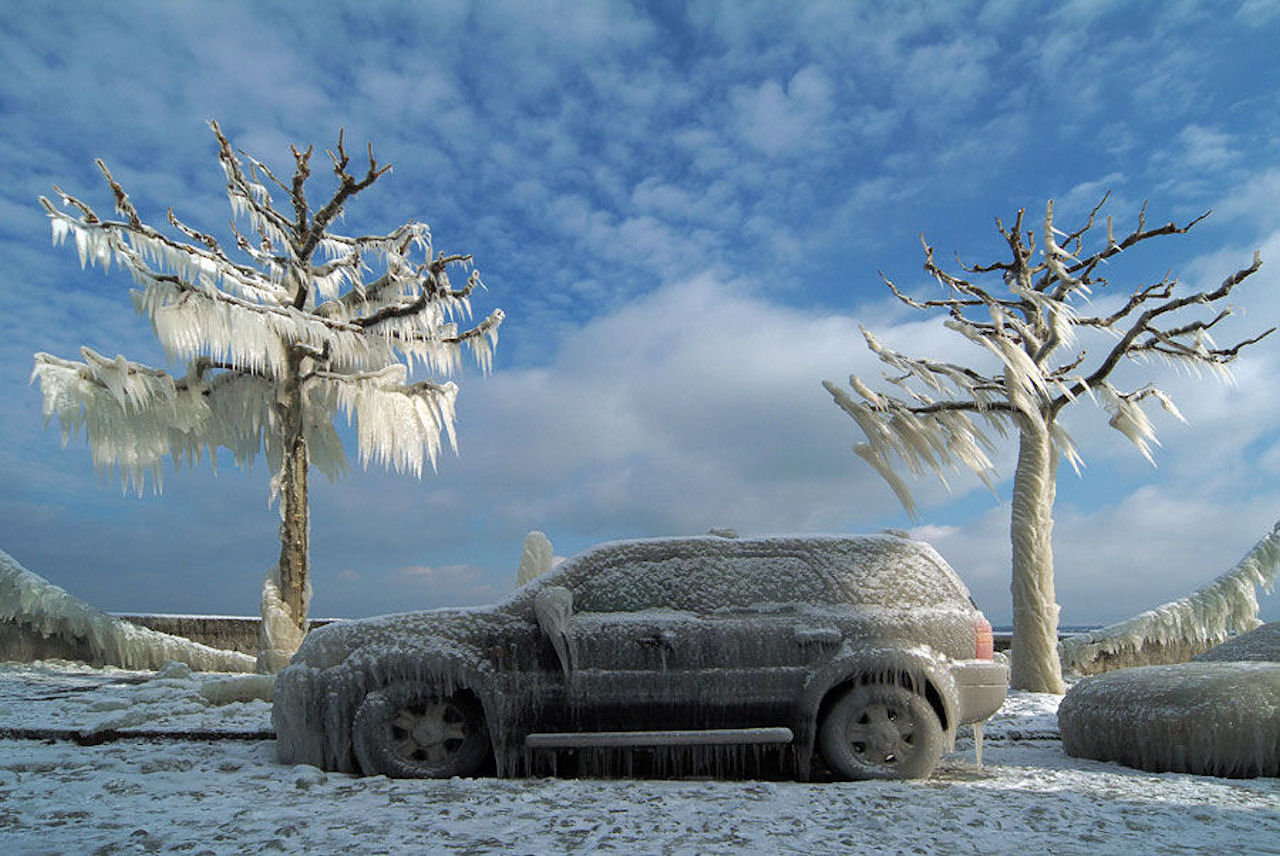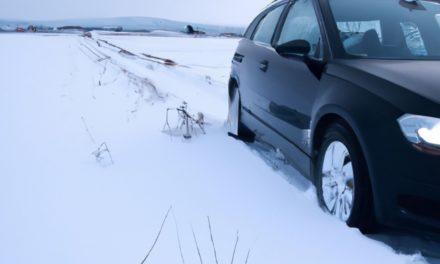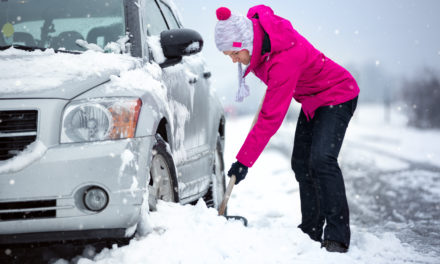There’s not a lot worse than your car breaking down in the middle of winter, especially if you’re far away from home. The good news is that if your car insurance includes a breakdown and recovery service, you should get the help you need to get you on your way. But how can you avoid your car sputtering to a halt in the first place?
How do I check if my car is safe to drive in winter?
No matter how well you prepare, cars do break down and sometimes, it’s just one of those things. But during winter, preparation often becomes more important as icy roads, freezing temperatures and the dark, make driving a little riskier. Not only that, driving a car in a ‘dangerous condition’ can leave you facing a £2,500 fine and three penalty points. In some cases, you could even be banned from driving.
Road safety experts suggest that you should regularly check your car’s:
- Windscreen – look out for chips or small cracks and have them filled as soon as you can so they don’t get any worse.
- Lights – keep headlights clean and make sure all your lights are in working order, not forgetting fog lights which you might not use frequently.
- Brakes – ask a garage to take a look if your brakes squeak or make any other odd noises, or if they don’t feel as responsive.
- Tyres – tyre treads on cars, small vans and trailers should be at least 1.6mm all around.
- Windscreen washer fluid – double check this is topped up so you can keep your windscreen clear of grit and debris.
It’s also important to check other essentials including engine oil, brake fluid and your car battery. Your car’s handbook should give you details on how to do this and how often but if you don’t fancy poking around under the bonnet, plenty of garages offer winter car checks.
What should I have in my emergency kit?
Having an emergency kit might sound drastic but if you break down or end up waiting at the side of the road (or even in a traffic jam) then it can be very handy indeed. Experts recommend you keep these essentials in your car:
- Warning triangle
- Hi-vis vest or jacket
- De-icer or ice scraper
- First aid kit
- Torch and spare batteries
- Jump leads
- Shovel
- Phone charger or battery pack
- Map
- Snacks and water
- Blankets or sleeping bags to keep warm
What does car breakdown and recovery include?
This will depend on what you agree with your insurer. Broadly speaking, there are three options, but bear in mind that these options could vary depending on your provider’s terms and conditions:
- Roadside assistance – if you break down on your travels, your provider will arrange for help to come to you. A mechanic will try and fix your car at the side of the road but if they can’t, your car will be taken to the nearest garage.
- National recovery – if your car can’t be repaired at the roadside, you can arrange to have it towed to a garage convenient to you (whether that’s near your home or wherever you are going to).
- Onward travel – if your car can’t be fixed, your provider will arrange transport so you can get to your destination. This could be a hire car, taxi or reimbursing you the cost of public transport or overnight accommodation.
How can I get the best value car breakdown and recovery service?
When you weigh up the options, remember to factor in your time and convenience and not just cost. For instance, roadside assistance might be the cheapest option but if you then need to fund onward travel yourself, it could end up costing you a lot more. Similarly, think about the ease of having your car taken to a garage of your choice rather than the one that’s closest.
As a general rule, breakdown and recovery services represent good value for money when they’re bought as part of your car insurance package. That said, it’s still worth comparing costs as part of your overall search for car cover. In most cases, you’ll be able to see how much the breakdown service element is and compare what’s included.
Comparison sites like mustard.co.uk mean you can search and compare quotes with or without breakdown cover all from the comfort of your home. Simply fill in an online form or speak to an expert on 0330 022 8825.






